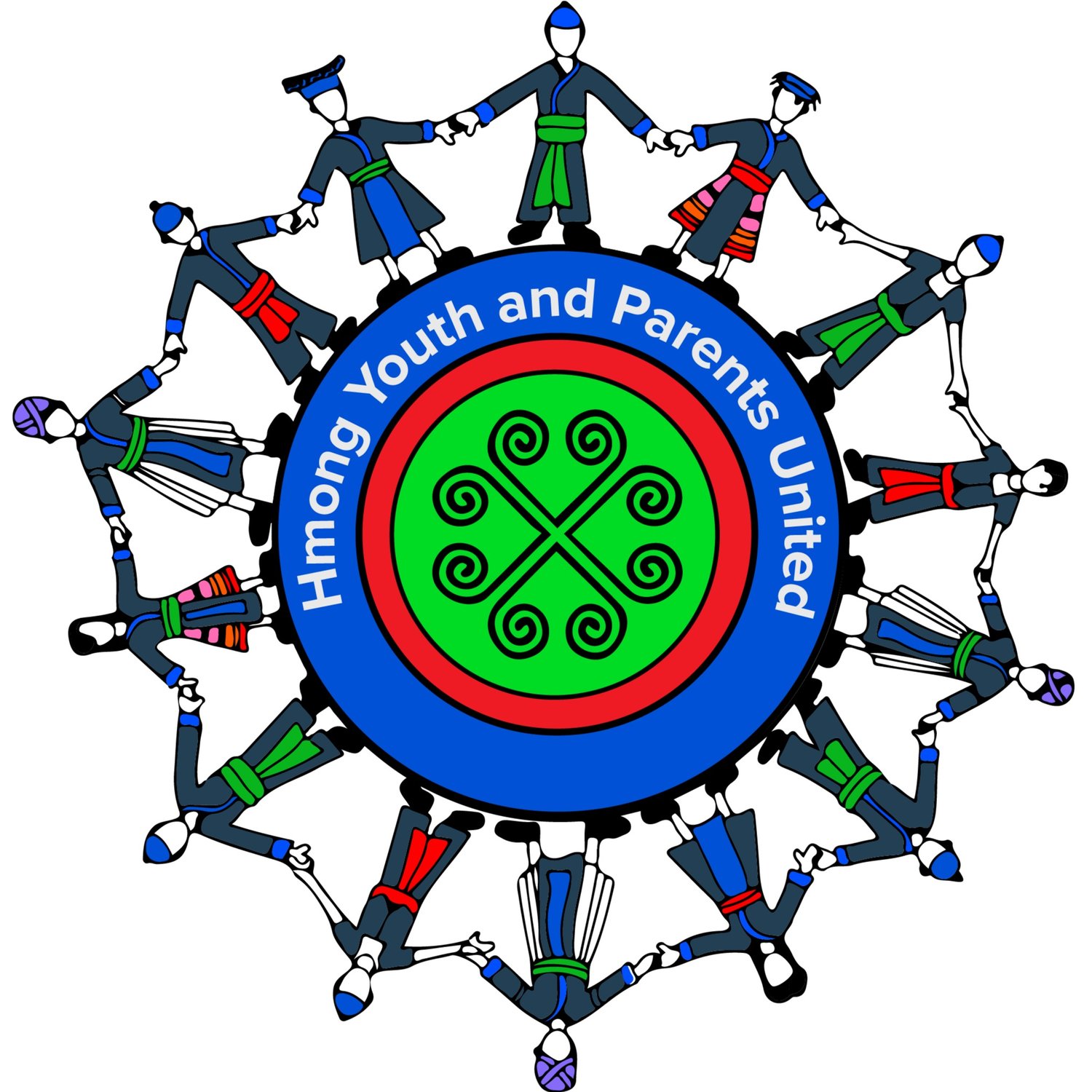HMONG FOLK SONG (KWV TXHIAJ / LUG TXAJ) - SUMMER 2022
Overview: Seev Suab [Sing Out!] started as an in-person course offered by Hmong Youth and Parents United (HYPU). However, due to the high demand of learning the traditional art form of Hmong Folk Song in different parts of the states, we switched it over to virtuals. We will examine the role of kwv txhiaj and lug txaj—sometimes dubbed as Hmong Art Song, Folk Song, or Song Poetry—in Hmong lifeways. Specifically, we will emphasize a musical approach to learning and performing kwv txhiaj and lug txaj; topics may include, among others: love; education; and identity formations, such as gender and sexuality. Students also will have the opportunity to create their own kwv txhiaj or lug txaj individually and/or collectively by collaborating with artists.
Instructors: Sun Ny Vang & Xou Vang
Students: Ia Lo, Michelle Vangsycha, Pa Nhia Lee, Yia Lor, Yue Lor
The Hmong Folk Song (Kwv Txhiaj / Lug Txaj) class for Summer 2022 consisted of 10 weeks with participants who were interested all throughout the states! Our instructors Sun Ny Vang and Xou Vang were able to share the etymology of the words “Kwv Txhiaj” and “Lug Txaj” and applied music theory concepts, such as pitch and form, to precomposed performances.
IA LO
Through this class, each participant had the opportunity to create their own “Kwv Txhiaj/Lug Txaj” as well. At the end of this course, we were able to encourage a live performance from Student Ia Lo who was able to share her learning through a “Kwv Txhiaj” performed at HYPU’s August Summer Night Market on August 13, 2022.
STUDENTS
INSTRUCTORS
“I cannot adequately express my gratitude to Xou Vang, Paaj Zaub Caroline Thao, Metta Xiong, and Jessica Bissett Perea, among others, for the collective encouragement, support, and mentorship in bringing together the music/cultural class Seev Suab; furthermore, thank you to the Mellon Public Scholars Program for the generous funding to carry out many aspects of the project and to the nonprofit, Hmong Youth and Parents United (HYPU), for the collaboration in making everything possible.
Xou and I had the privilege of working with brilliant participants and collaborators throughout the course. The centrality of this course focused on fostering a space that opens more possible conditions for learning about and performing kwv txhiaj and lug txaj—a sorely needed catalyst for articulating agency and self-determination in the Hmong diaspora. Participants learned about kwv txhiaj and lug txaj as not only art forms, but theories for understanding who we are, where we are, and how we wish to celebrate our lives. If this is something that also resonates with you, we encourage you to learn kwv txhiaj and lug txaj with your friends and families and to always ask around whenever you have questions. HYPU offers an array of Hmong cultural classes annually, so stay updated to see what they offer.”
-Sun Ny











